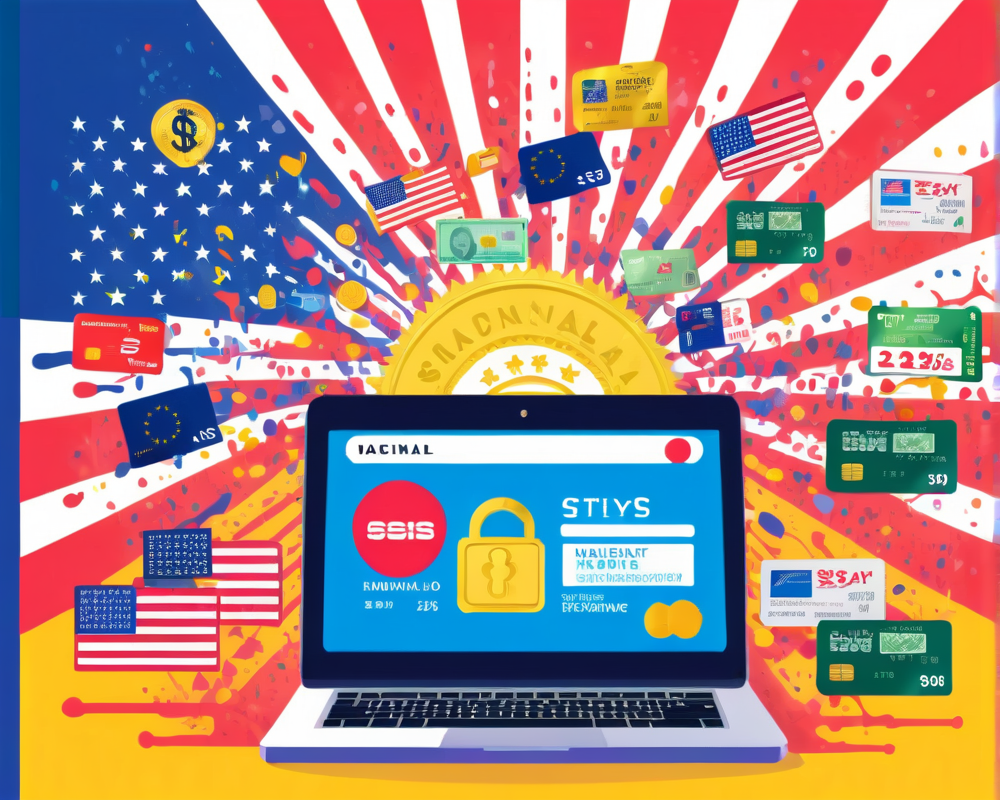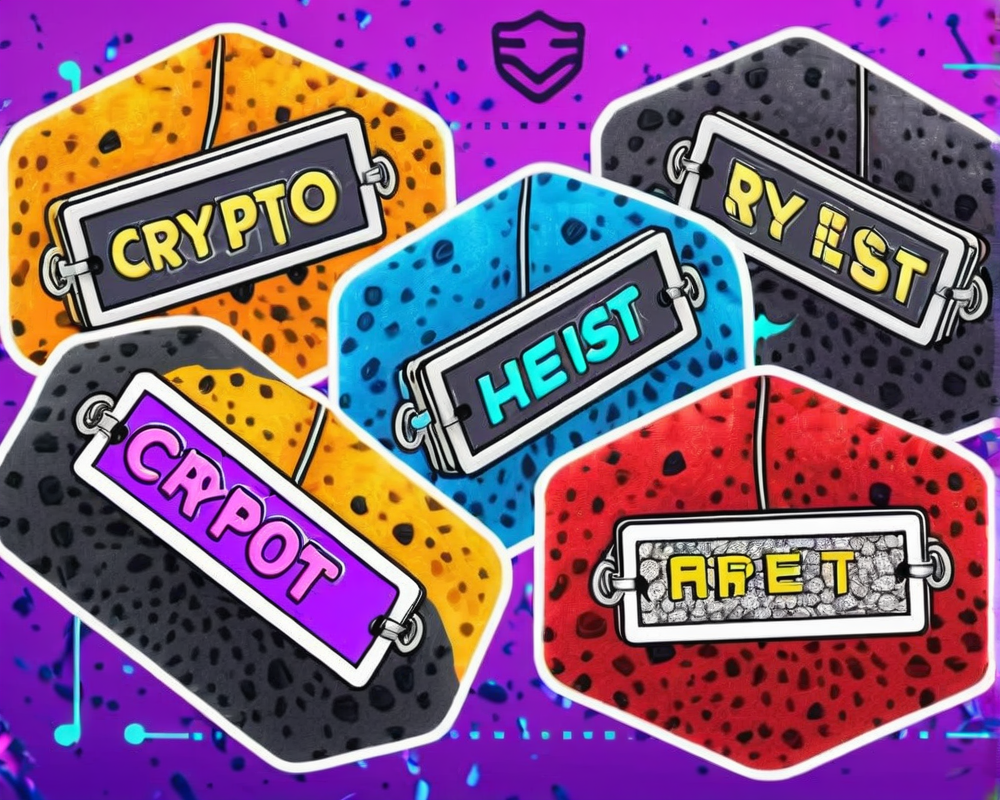The Stakes of Financial Innovation
Former Department of State official Anja Manuel recently brought the heat during a Twitter Spaces discussion that raised eyebrows and maybe a few heart rates. Her assertion? If the U.S. can’t keep its financial innovation ahead of the curve, our ability to impose sanctions—a key component of national security—could go flatline. Imagine sanctions going out like the last kid picked in dodgeball. Spoiler: no one wants that!
Leading the Charge in Sanctioning Bad Actors
The crux of the matter lies in the U.S.’s prowess in the global payments landscape. Thanks to its dominance, we’ve been able to crack down on not-so-good folks like Iran and North Korea. Manuel explains that with the right rules in place, the U.S. maintains a solid grip on financial controls. However, the shadow of impending competition from China looms large, particularly as they demonstrate impressive advances in mobile payment systems.
A Slow March vs. a Sprint Forward
“While we’re hemming and hawing here…” wrote Manuel, clearly channeling the frustration of many, “China is marching forward.” It sounds like a call to arms—or maybe just a wake-up call for folks who’s spent too long hugging the couch. If Chinese payment solutions continue to infiltrate global markets, the ability to enforce sanctions could face serious turbulence. Think bumpy airplane ride—not fun!
Sanctions in a New Digital Realm
The Office of Foreign Assets Control (OFAC) and the Treasury Department currently handle U.S. sanctions. But the game changes when you throw in malfunctioning blockchain companies. Manuel notes that traditional banks and responsible blockchain firms play nice with sanctions. But what happens when your tech-savvy cousin has a plethora of options that skirt around traditional finance? Sanctions might find themselves on the bench, wondering why they weren’t invited to the game.
Other Countries Are Engineered to Innovate
Take a moment and consider: Other nations are crafting their policies, from Singapore to the U.K. to the EU. For them, innovation is not a far-off dream—it’s already happening. Tomicah Tillemann, another sage voice in government circles, reminded us that 114 nations are exploring their central bank digital currencies like kids in a candy store. Meanwhile, the U.S. seems to be focused on jumping from one enforcement action to another. A regulatory Rubik’s cube where everyone’s scrambling to make it right—except, of course, they forgot all the stickers at home!
Where Do We Go from Here?
As Brian Armstrong of Coinbase faces the heat from a potential Wells notice, he emphasizes that clarity is needed NOW. This isn’t just about crypto; it’s about adapting our laws for tomorrow’s finance. If not, we risk being left behind, with our national security hanging on by a thread. It’s time for U.S. voters and lawmakers to put on their thinking caps and not just wait for Christmas lights to glow before taking action. It’s the era of crypto, and who wants to be the last one at the party?




